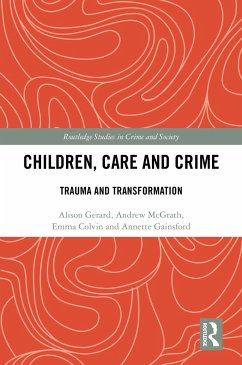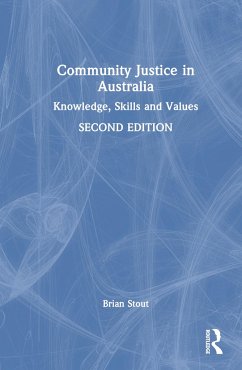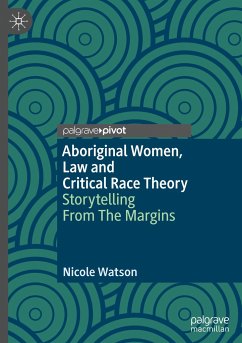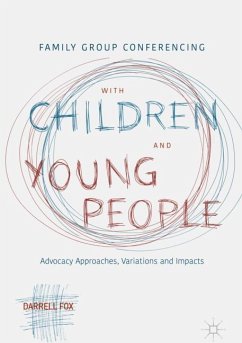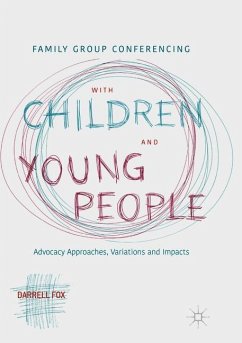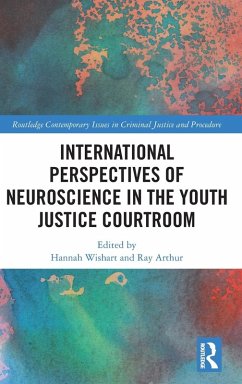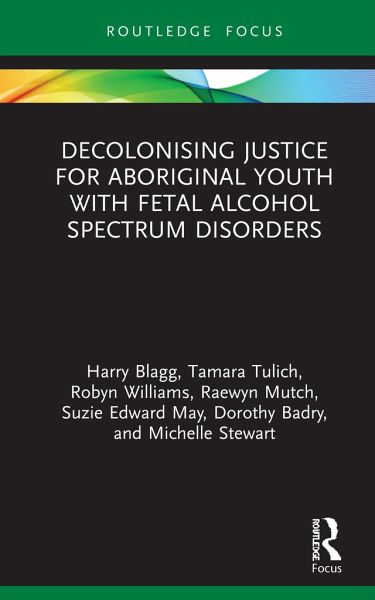
Decolonising Justice for Aboriginal youth with Fetal Alcohol Spectrum Disorders
Versandkostenfrei!
Versandfertig in 1-2 Wochen
65,99 €
inkl. MwSt.
Weitere Ausgaben:

PAYBACK Punkte
33 °P sammeln!
This book reflects multidisciplinary and cross-jurisdictional analysis of issues surrounding Fetal Alcohol Spectrum Disorders (FASD) and the criminal justice system, and the impact on Aboriginal children, young people, and their families. This book provides the first comprehensive and multidisciplinary account of FASD and its implications for the criminal justice system - from prevalence and diagnosis to sentencing and culturally secure training for custodial officers. Situated within a 'decolonising' approach, the authors explore the potential for increased diversion into Aboriginal community...
This book reflects multidisciplinary and cross-jurisdictional analysis of issues surrounding Fetal Alcohol Spectrum Disorders (FASD) and the criminal justice system, and the impact on Aboriginal children, young people, and their families. This book provides the first comprehensive and multidisciplinary account of FASD and its implications for the criminal justice system - from prevalence and diagnosis to sentencing and culturally secure training for custodial officers. Situated within a 'decolonising' approach, the authors explore the potential for increased diversion into Aboriginal community-managed, on-country programmes, enabled through innovation at the point of first contact with the police, and non-adversarial, needs-focussed courts. Bringing together advanced thinking in criminology, Aboriginal justice issues, law, paediatrics, social work, and Indigenous mental health and well-being, the book is grounded in research undertaken in Australia, Canada, and New Zealand. The authors argue for the radical recalibration of both theory and practice around diversion, intervention, and the role of courts to significantly lower rates of incarceration; that Aboriginal communities and families are best placed to construct the social and cultural scaffolding around vulnerable youth that could prevent damaging contact with the mainstream justice system; and that early diagnosis and assessment of FASD may make a crucial difference to the life chances of Aboriginal youth and their families. Exploring how, far from providing solutions to FASD, the mainstream criminal justice system increases the likelihood of adverse outcomes for children with FASD and their families, this innovative book will be of great value to researchers and students worldwide interested in criminal and social justice, criminology, youth justice, social work, and education.





